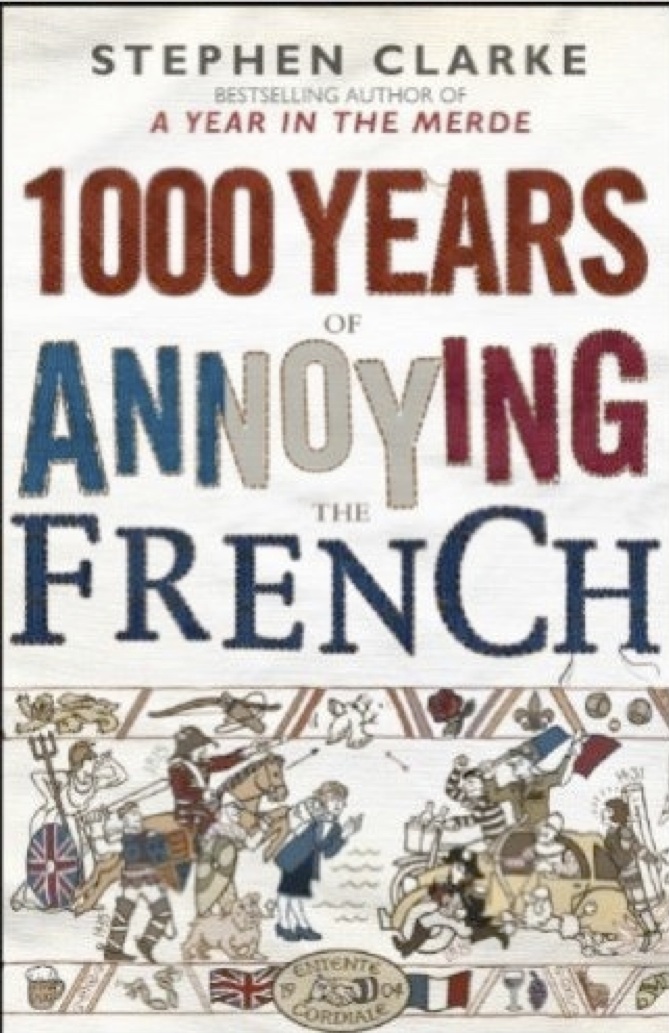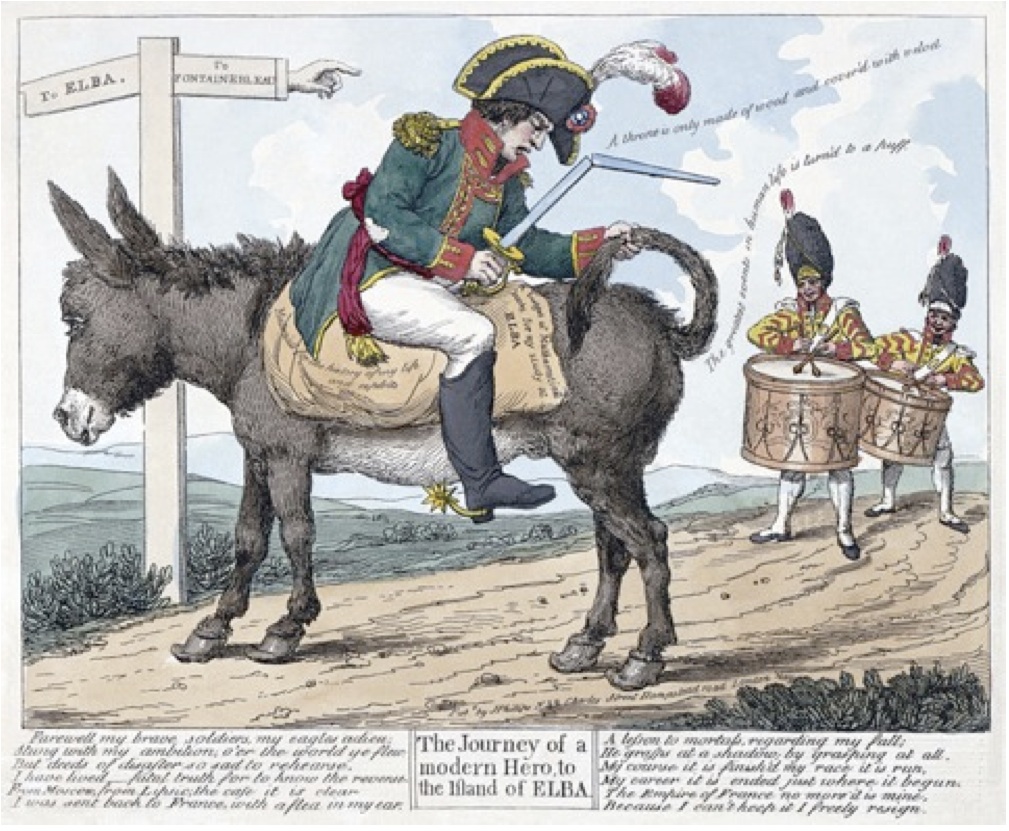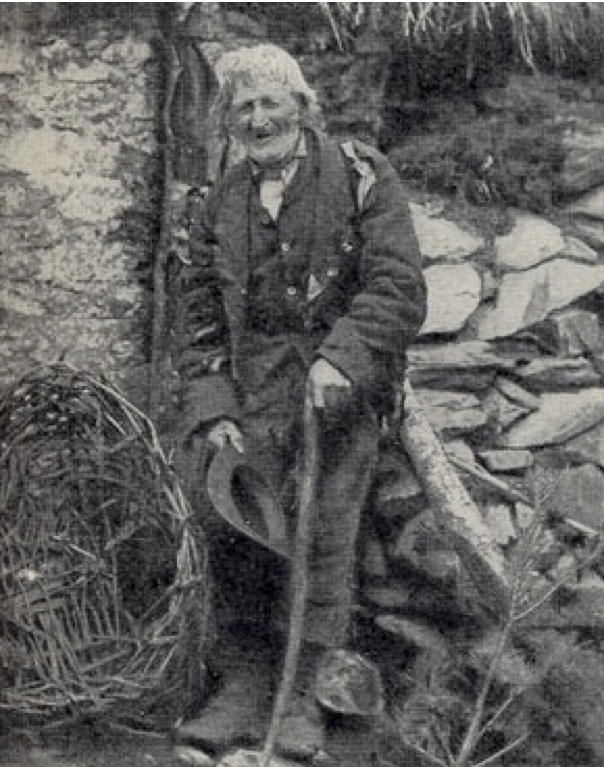I recently re-discovered a reference by the writer of the Musical Dispatches from the Front, (published in this blog on Saturdays) to a book written by Stephen Clarke with this wonderful title 1000 Years of Annoying the French. After reading this review I asked the team if any of them had read the book. Tarquin O’Flaherty came back with this splendid response.

Besides hating the French (for both being French and not speaking English) England also hated them for the French Revolution. For certain sections of the community, things had been ‘absolutely super’ in England for centuries. Then the tedious French poor, ‘Les Miserables’ took to the streets, the Guillotine went to people’s heads and the entire apple-cart was upset frightfully. Suddenly, in England, there was the terrifying possibility that the British lower orders might actually take exception to being treated like dogs and take to behaving abominably, in the manner of the French. This wouldn’t do at all. The English aristocracy, it would seem, had even less enthusiasm for decapitation than their French cousins. Absolutely against their better judgement, but grudgingly aware of the lack of alternatives, they granted the vote to selected members of the new English middle class, a cut-throat rabble of moneyed factory owners and employers who, immediately on assuming power, implemented laws to control the lower orders!
Now you can plainly see quite how much difficulty the French Revolution had caused the long suffering British aristocracy. If the French had simply held their nerve and killed a few people, much as the English had done, then all would have been well, and normal levels of exploitation might have been resumed without difficulty. But, oh dear me no. Those pesky French…. Is it any wonder the English look upon them with mind-boggling incomprehension?
Of course there is one thing more, one simple thing that really contributes to the English hatred of the French and that is their confounded superiority. The French are past masters of this art and the English truly hate them for it. The Poms try hard, I’ll give you that, but it’s a pathetic show, a pale imitation. The French are superbly, scintillatingly superior. They can do it with a panache, a Gallic flair that leaves the Brit grovelling in the dust. By contrast, the English, in their misguided attempts to compete, have wholly misread French elan to the degree where they believe that ‘Gallic flair’ is a French pair of trousers.
Essentially, the difference between the two is virtually irreconcilable and may be summed up in the following anonymous observation:
A Frenchman would rather eat well than own a house.
An Englishman will own a house even if he has to starve to get it.
Reservoir,
Brock L. Lee.


